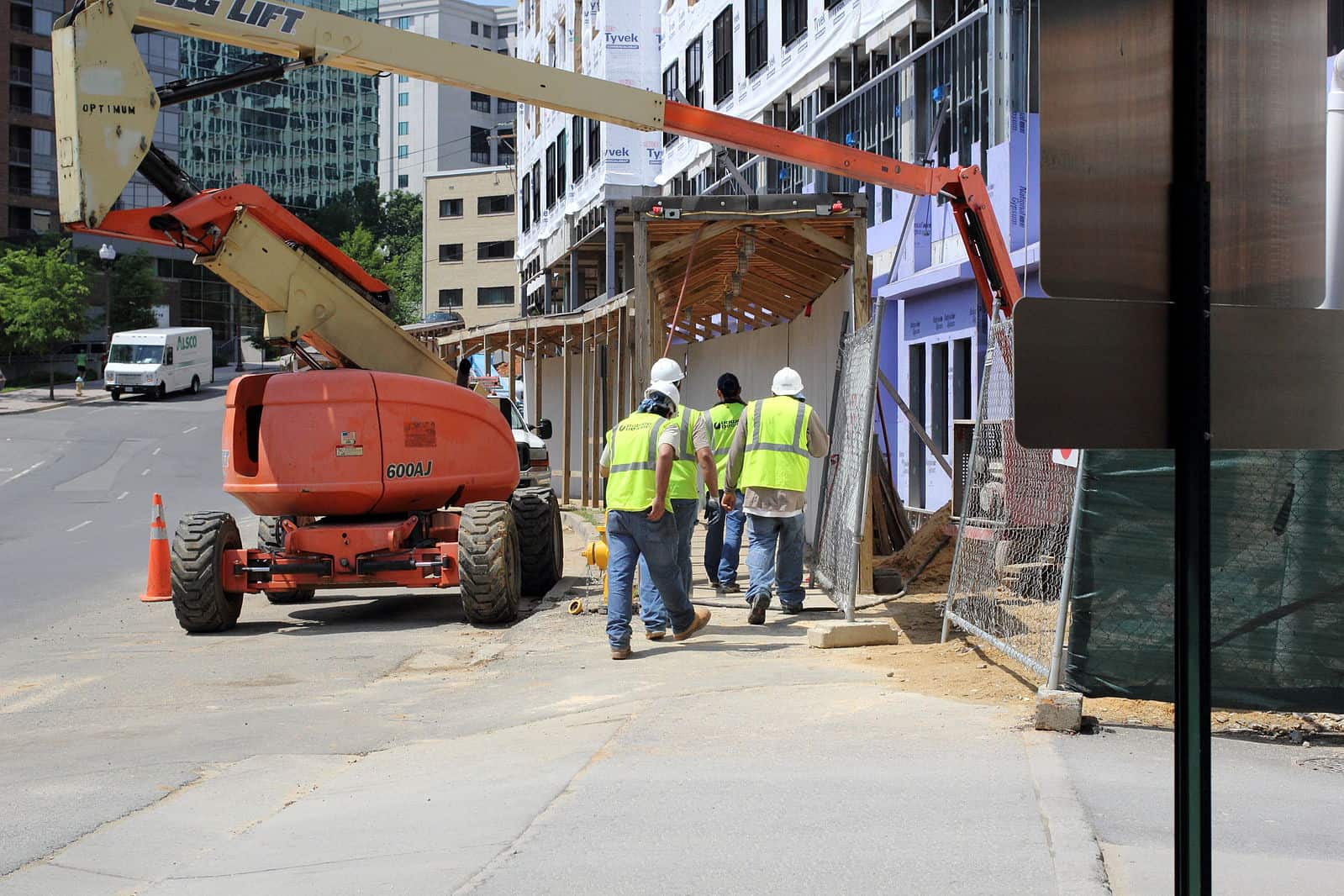William Greenlaw is a student at Harvard Law School.
The State of Arizona has been so deficient in promulgating and enforcing worker safety rules that the federal government might revoke the State’s authority to so do altogether. The Occupational Safety and Health Administration announced yesterday that since at least 2014, Arizona has failed to “timely adopt and enforce standards and required directives” at least at comprehensive as or better than the federal regulations. Arizona’s own agency, the Arizona Division of Occupational Safety, would forfeit their supervisory authority, and OSHA would assume inspections of private employers there. OSHA points to four deficiencies in Arizona’s current program: Arizona failed required workers to have enough fall protection at a certain height; failed to increase fines on safety violations which on average has made Arizona’s fines only half as large as federal ones; failed to adopt the federal OSHA Covid-19 emergency temporary standard for its health care industry; and failed to adopt federal minimums on protections against amputations, certain construction accidents, and breathable silica dust. In a statement, Assistant Secretary of Labor for OSHA Douglas Parker said, “We believe that waiting until OSHA issues another standard would simply provide Arizona with another opportunity to fail to protect workers in a timely manner.” If OSHA presses forward on this plan and does not reach settlement with the State, Arizona would be the first state to involuntarily lose federal approval of its own state-level worker safety plan.
A California appeals judge yesterday ruled that a class action against Barnes & Noble Inc may proceed to trial on whether its inclusion of extraneous language in its credit check disclosure form was a willful violation of federal law. The Fair Credit Reporting Act require employers who plan to do a consumer report check on their prospective employees a “standalone, clear and conspicuous disclosure.” Such a provision enables job applicants to better parse through what may be lengthy applications in order to make the informed choice of whether to submit to a credit check as they apply for a job. In comparison to a team of corporate lawyers for entities like Barnes and Noble, too much extraneous language can cloud applicants’ ability to make that choice. Vicki Hebert, who applied to Barnes & Noble, sued on behalf of herself and others alleging a violation of the Fair Credit Reporting Act for this reason. The California appeals judge held that there was enough evidence for a reasonable juror to conclude that Barnes & Noble had willfully included such extraneous language, noting that at least one employee knew the extra language was on the form. That the employee was not a lawyer himself might be seen by juries, not as a defense, but instead evidence of willfulness. The case is Hebert v. Barnes & Noble, Inc. , 2022 BL 134541, Cal. Ct. App., 4th Dist., No. D079038, unpublished 4/19/22.






Daily News & Commentary
Start your day with our roundup of the latest labor developments. See all
November 14
DOT rule involving immigrant truck drivers temporarily stayed; Unions challenge Loyalty Question; Casino dealers lose request for TRO to continue picketing
November 13
Condé Nast accused of union busting; Supreme Court declines to hear Freedom Foundation’s suit challenging union membership cancellation policies; and AFT-120 proposes a “Safe Sleep Lots” program for families facing homelessness.
November 12
Starbucks and the NLRB face off over a dress code dispute, and mental healthcare workers face a reckoning with AI.
November 11
A proposed federal labor law overhaul, SCOTUS declines to undo a $22 million FLSA verdict, and a railroad worker’s ADA claim goes to jury trial.
November 10
Meta unveils data center ads; partisan government emails blocked by judge; thousands protest in Portugal.
November 9
University of California workers authorize the largest strike in UC history; growing numbers of legislators call for Boeing to negotiate with St. Louis machinists in good faith; and pilots and flight attendants at Spirit Airlines agree to salary reductions.